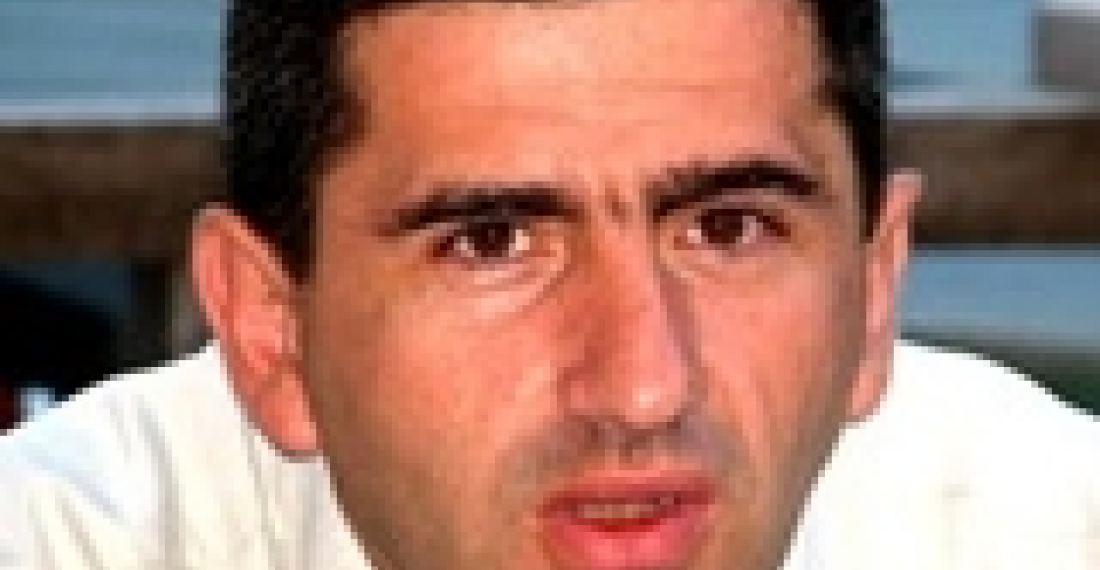"The failure in the attempt to reach agreement on the Basic Principles of the Karabakh conflict settlement during the meeting of the Armenian, Azerbaijani and Russian presidents in Kazan is conditioned by a number of reasons. David Karabekyan, an analyst from Karabakh, told ArmInfo correspondent in Stepanakert.
According to him, this failure is conditioned first of all by the ambitions of official Baku, which is afraid of ambiguous response of the Azerbaijani society to adoption of a number of commitments to Armenia, Karabakh and OSCE by the Azeri authorities, as well as by the stalemate situation in the state of interests of the regional and world powers - the authors of the regional and world policy.
The matter concerns the interests of the United States, Iran, Russia, Turkey, which obviously coincide with certain interests of the conflicting countries' elites.
"As a consequence, we have artificial freezing of the status quo in the conflict zone and trigging of the peace process. Like Russia, Iran is seriously concerned over the prospect of deployment of a foreign military contingent in the conflict zone", he said.
According to him, due to a number of mistakes Armenia and Karabakh have found themselves in such a situation that "even in case of recognition of Karabakh people's right to self-determination, the NKR faces the prospect to find itself among the peacekeepers and Azerbaijani refugees."
The first step to ensure the end of the deadlock of the whole negotiation process is to give an unbiased analysis of the mistakes and to condemn the policy that gives birth to these mistakes he concluded.
Source: Arminfo







